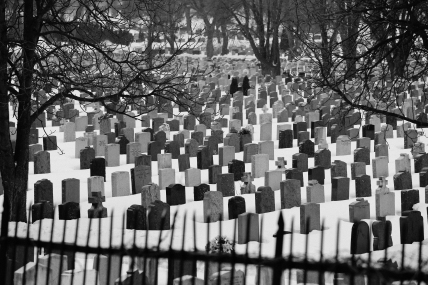a poem I’ve been working on every now and then for the past year or so…never quite satisfied but here it is so far:
The Dust God
HKS
His breath lingered over formless depths
not yet settled amidst shapelessness
suspended, poised above void
Darkness.
And then a
word
carried by breath as water—currents
Breath’s waves producing sound never heard:
“Be!”
“Be!” begins
erecting first sights
defining matter’s bounds
Heaven|Earth
“Be!” being
carried by breath
disrupting settled dust
lifting it to stand
forming it to hear,
“Be!”
Dust, tossed about
Becomes the rise and fall,
the ebb and flow of a swelling chest
Its formlessness takes shape
It’s shape, souled.
Dust’s lips form words for its breath to carry
Dust is be-ing
Dust is speaking
Names
genus and species released
from rib-caged captivity.
Dust builds,
Dust sings,
Dust feels
and tastes creation and creating
Dust’s own breath lingers over its creations
Dust’s own words rapture their attention
Infatuated by its own mouth’s mist
As it falls on lower beasts,
Dust files the old word among other words
in volumes filled to show Dust’s depth.
And in its filing, Dust forgot.
Ignorant of speech
Helpless to breathe
Defunct breath for deflated lungs
Vapid words unfit for a single void
And so, the forming form returned to formlessness
Becoming the very earth once pinned down by Dust’s feet
Subsumed, another patch of exploited land,
Dust returned to dust again
for without word, all words fall
Amidst the dust
“Be!” became
Dust for Dust
—divine endustment.
True breath breathing gaseous filth
True word projects from dirt-caked lungs
Til word was hoisted to the air, and
“Be!” became a nothing hung by a nail
Dust God?
No
dust man?
No
dust alone as all began
Brought down from the heights to settle as sand
settles when thrown by the wind.
But the wind would not settle to have him stay down
Swept up by the Father, Dust stood encrowned
Dust God was shown to be dust man
“Be!” was shown to be
“I Am.”




 Here’s a short devotion I wrote that was used for Beeson’s weekly newsletter sent out this Monday.
Here’s a short devotion I wrote that was used for Beeson’s weekly newsletter sent out this Monday.